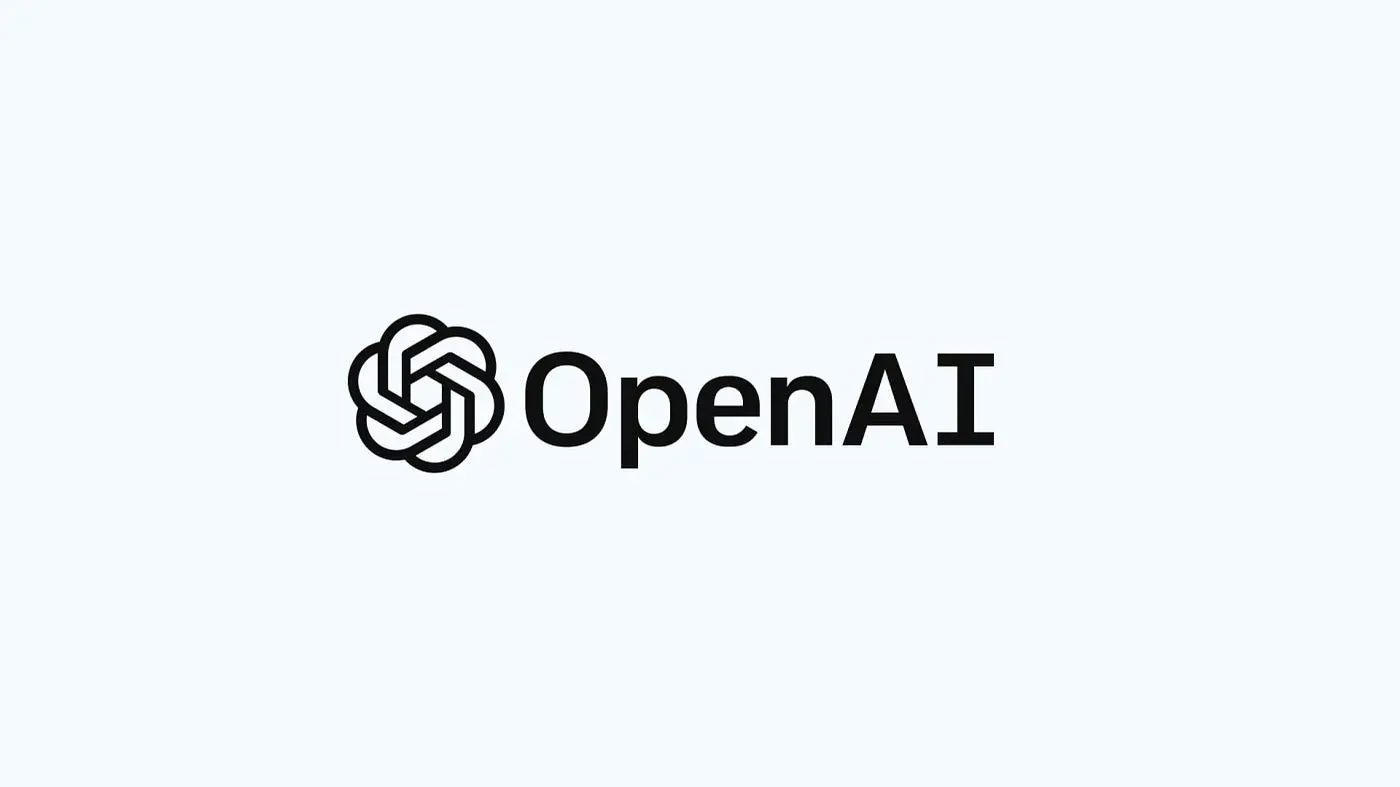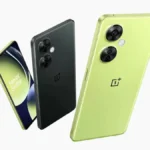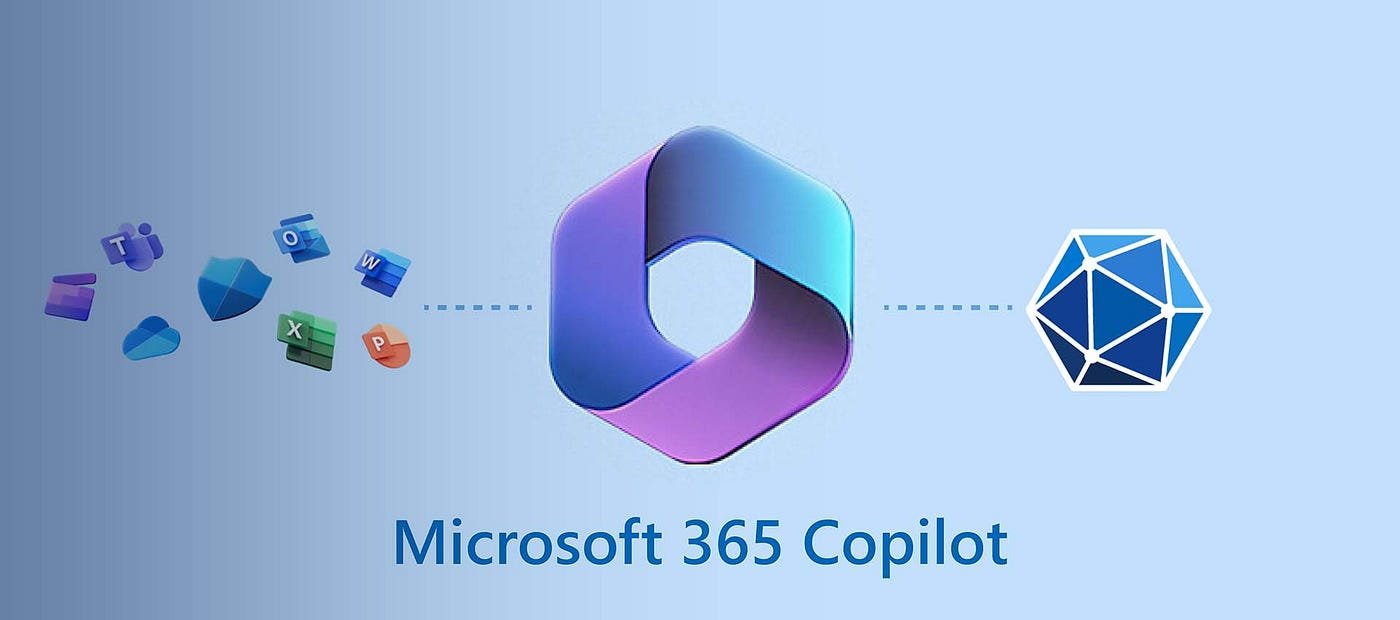OpenAI’s bid to trademark the term “GPT” has been denied by the U.S. Patent and Trademark Office (USPTO), marking a significant development in the realm of artificial intelligence and intellectual property. The decision carries considerable implications for OpenAI and the broader AI industry, affecting how foundational AI technologies are named and branded.
Key Highlights:
- Trademark Application Denied: The USPTO ruled that “GPT” is “merely descriptive” of the technology it represents, thus ineligible for trademark registration.
- Reasons for Denial: The decision was based on the premise that “GPT,” standing for “generative pre-trained transformer,” describes a category of AI rather than a unique product or service from OpenAI. The term is considered generic within the tech industry.
- Implications for OpenAI and Competitors: Despite the setback, OpenAI remains a dominant player in the AI field, particularly with its ChatGPT product. However, the lack of trademark protection may lead to increased use of the term “GPT” by other companies in their product names.
- Precedent and Future Steps: This is the second time OpenAI’s attempt to trademark “GPT” has been denied, with a previous application rejected in May 2023. OpenAI may appeal this latest decision.
The USPTO’s refusal to grant trademark status to “GPT” underscores the challenges in securing intellectual property rights for terms that are broadly descriptive of technological innovations. The term “GPT” has become synonymous with a specific type of AI model, and its widespread usage across the industry has made it difficult for OpenAI to claim exclusive rights. Many companies refer to their AI models as “GPTs,” reflecting the technology’s foundational nature rather than a brand unique to OpenAI. The popularity of ChatGPT, GPT-3, and GPT-4 has further cemented “GPT” as a common descriptor in the field of AI.
The USPTO’s ruling that “GPT” is too descriptive and generic for trademark protection sets a precedent for how similar technologies might be treated in terms of intellectual property rights. This could lead to a more open environment where AI-related terminologies and innovations are shared more freely among companies, potentially accelerating innovation but also complicating brand differentiation.
OpenAI’s response to this setback could take several forms. While they might appeal the decision, another strategy could involve creating new, unique brand names for their technologies that can be more easily trademarked. This could help maintain a distinct identity in a market that’s becoming increasingly crowded with AI offerings.
For competitors, the decision opens up the possibility to use “GPT” more freely in their product names and marketing, potentially leading to a crowded marketplace where consumers may struggle to distinguish between offerings based on naming conventions alone.
Trademarks play a crucial role in technology innovation by allowing companies to protect their brands and ensure that consumers can identify the source of products or services. However, when terms become widely used to describe a category of technology, trademarking those terms can be challenging. This situation raises questions about how companies can effectively protect their intellectual property while encouraging the open development of new technologies.
While the decision is undoubtedly a blow to OpenAI’s branding efforts, it may not significantly impact the company’s market position. OpenAI’s products, especially ChatGPT, have gained immense popularity, providing it with substantial brand recognition. Nevertheless, the inability to trademark “GPT” could lead to a proliferation of similarly named products, potentially diluting OpenAI’s brand identity. Future strategies may include focusing on distinct brand names for new products or technologies to ensure stronger intellectual property protections.
This situation highlights the delicate balance between fostering innovation and protecting intellectual property in the rapidly evolving tech industry. As AI technology continues to advance, the decisions made by regulatory bodies like the USPTO will play a crucial role in shaping the competitive landscape and the development of new products and services.



















